The Complete Guide To Cannabis Tinctures
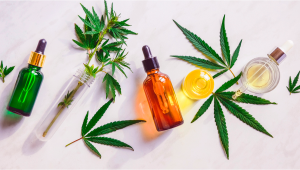
- 1. What are cannabis tinctures?
- 2. How to make cannabis tincture
- 2. a. Decarboxylating your buds
- 2. b. Tools and ingredients
- 2. c. Step-by-step guide
- 3. Methods of consumption
- 4. Calculating the right tincture dose
- 5. The benefits of cannabis tinctures
- 6. The bottom line
As you might already know, smoking cannabis in a joint, a pipe, or a bong isn't the only method of consumption available. In fact, quite the opposite, there are so many ways to use cannabis we would need far more fingers than two hands to count them.
From edibles to oils and extracts, every single method enhances certain qualities in cannabis, activating the different benefits of the plant.
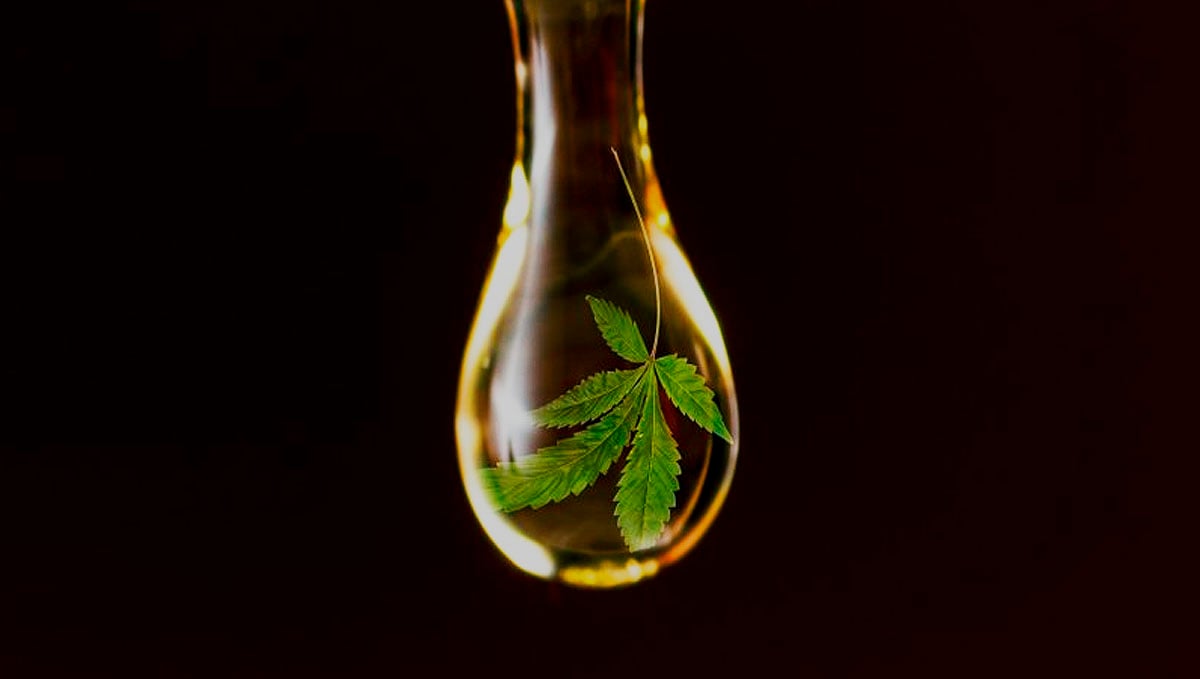
Сannabis tinctures are a great option for people who would rather have more control in the use of cannabis, with precise doses and without smoking. Tinctures' benefits also include being low in calories, its fast onset, plus the discretion and simplicity for its consumption.
Let's find all about cannabis tinctures, what they are, how to make, dose, and consume them.
1. What are Cannabis Tinctures?
Cannabis tincture, also known as green dragon, is a type of marijuana concentrate that consists of cannabis-infused alcohol that comes in glass bottles with droppers.
These extracts were in fact previously used as the main form of medical marijuana many years ago all around the globe. They were even included in the pharmacopeia until in the year 1942 cannabis was prohibited in the United States, then also in Australia in 1977, and in 1970 in the United Kingdom.
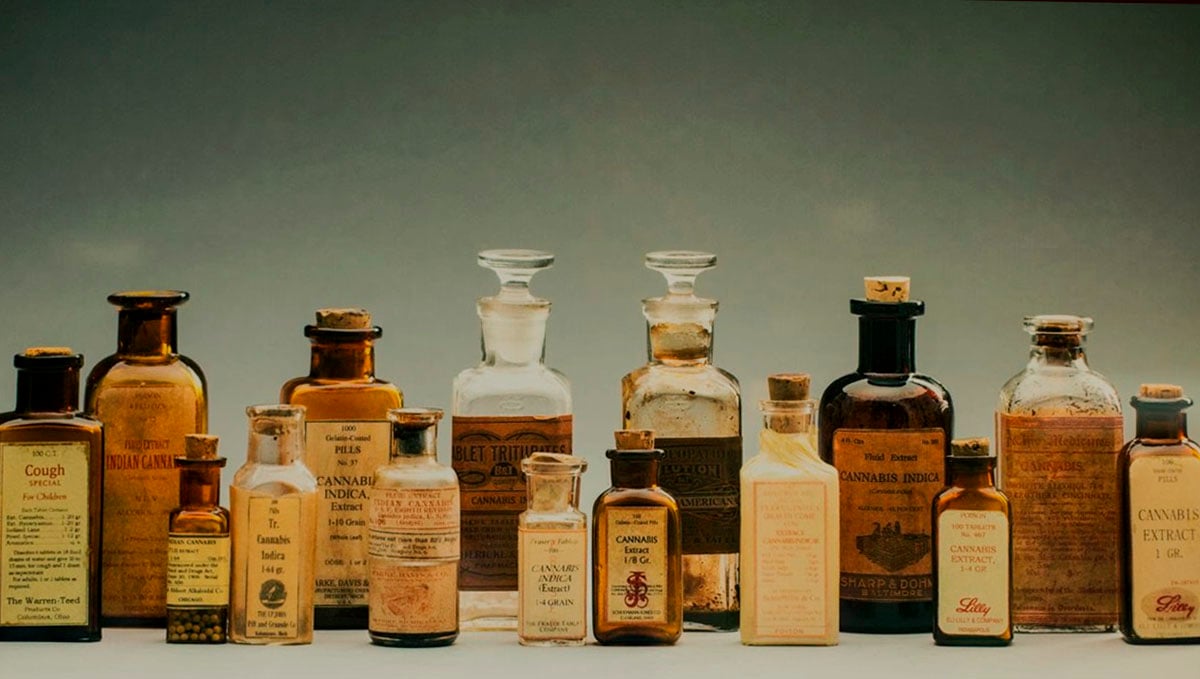
Tinctures are a great solution for new users looking for strictly medicinal use for the extract, having the option to go for concentrates high on CBD and with low or null THC percentages. They are also good for those seeking to consume marijuana but would rather skip the smoking part.
2. How to Make Cannabis Tincture
Similar to most cannabis oils, tinctures use a solvent, alcohol in this case, to extract terpenes and cannabinoids such as CBD or THC from the rest of the plant material.
The main difference is that with tinctures the solvent is still present in the final product as well, while the other concentrates must purge it out because the product is meant to be inhaled.
Therefore and unlike other concentrates, tinctures could be considered as edibles. Given that they receive this edible characteristic, this means that the cannabis must first be decarboxylated to activate all the compounds in the plant before ingesting it.1
Decarboxylating Your Buds
The decarboxylation process is extremely important because as we said, this activates the weed's compounds, pushing them to their maximum potential. If you skip this step your tincture could end up being weak or have no effects at all.

To decarboxylate your buds you'll need to heat them in the oven at 110°C, or 230°F, for about almost two hours, however, keep an eye on them to keep them from getting burned. Simply part your flowers into small pieces, spread them on an oven tray, and wait patiently.
Tools and Ingredients
In order to make your homemade cannabis tinctures, there are a few simple tools and ingredients you'll need. Don't worry, they're all things you can find at home or at any nearby store:
- 14 grams, or half an ounce of decarboxylated marijuana buds;
- High alcohol by volume liquor;
- A grinder;
- 1 cheesecloth;
- 1 mason jar;
- Glass dropper bottles;
- A cup or glass;
- And gloves.
If you would rather avoid using alcohol, you can replace it by using glycerin, a plant-based oil. Nevertheless, given glycerin isn't as efficient at bonding with cannabis' compounds, the results may be less potent.
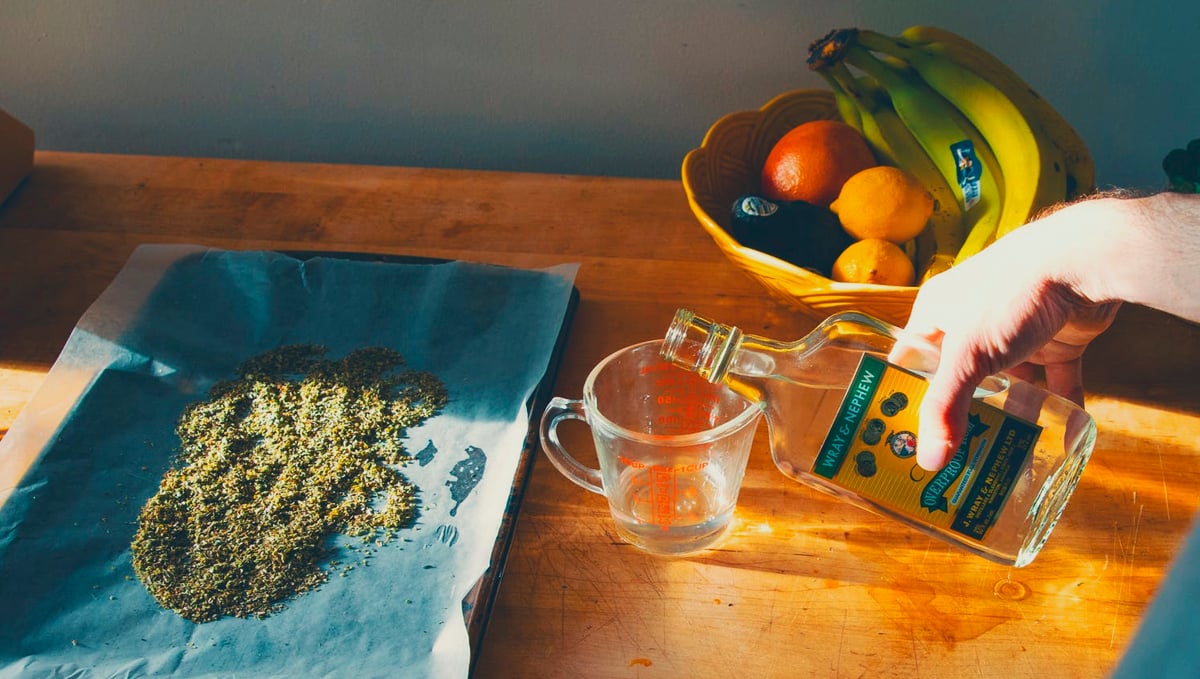
Once you've gathered all the necessary equipment let's get to the procedure to make cannabis tincture. It's simple and it will only take a few minutes.2
Step-By-Step Guide
Step 1
First, set your grinded decarboxylated cannabis buds into the mason jar and fill it up until you've completely covered the weed with the highest percentage alcohol you could find, such as Poland's Spyritus, or the American Everclear.
Step 2
Now you'll need to let the jar sit for at least 10 days to 2 weeks as the compounds start going through the separation process.
Some sources suggest freezing the jar full of alcohol and cannabis for 1-2 weeks and taking it out once every day to shake it out.
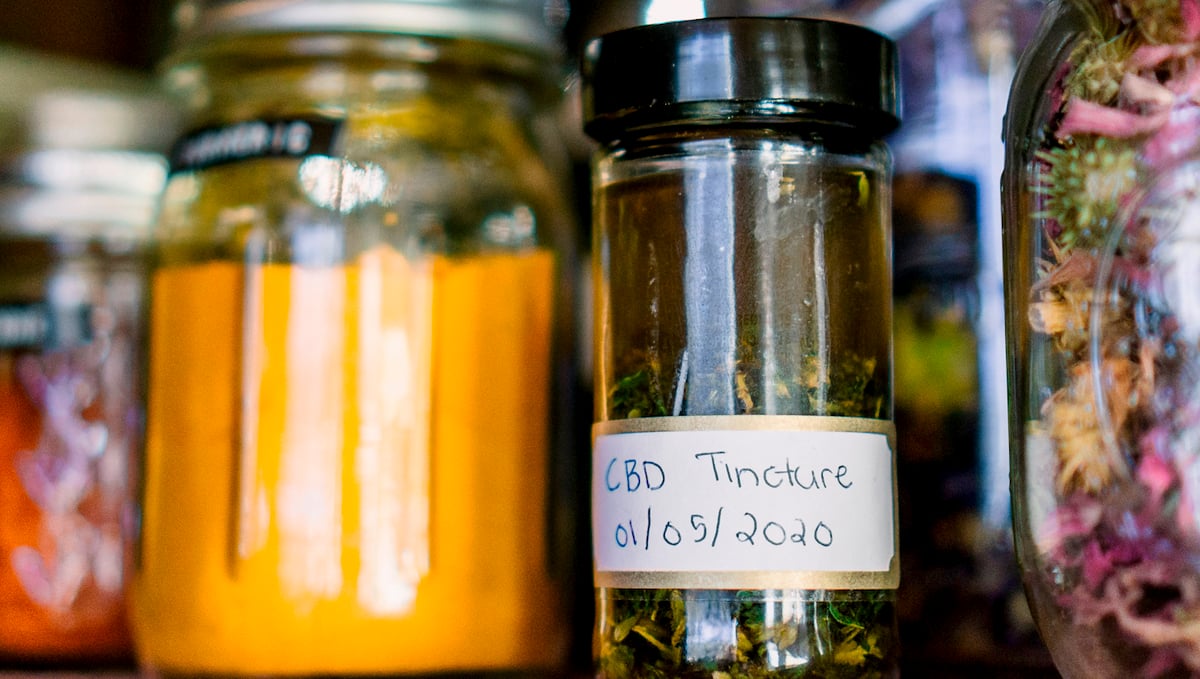
This is because the cold in the freezer will help to separate the components of the plant we are trying to separate from the final product, like the chlorophyll.
Step 3
Once the components have finally separated, the next step is straining the materials through a cheesecloth or strainer and into a cup or glass. When the liquid is no longer passing through the cheesecloth, squeeze the remaining liquid through the cheesecloth using gloves.
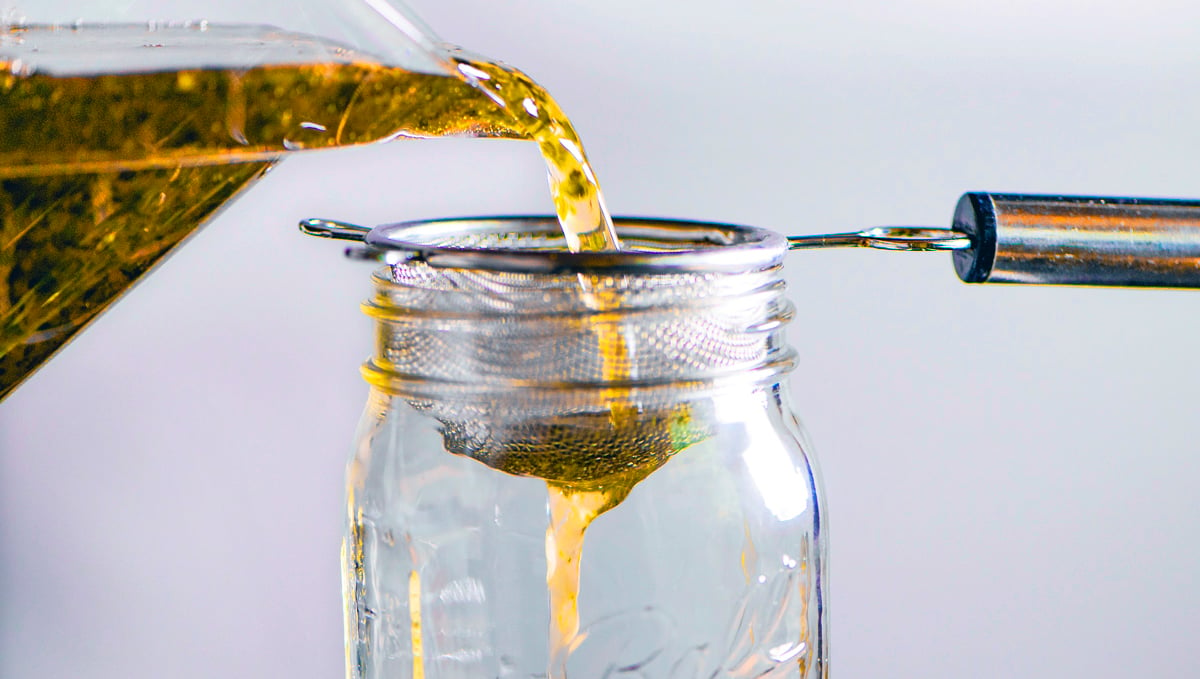
Advice
Don't forget to wear gloves if you're going to be squeezing the cheesecloth to drain the product. If you don't you could end up absorbing some of the tincture through your skin and getting extremely high.
Once you've successfully strained your tincture, place it inside the glass dropper bottles and store it in a cool and dark environment. If your product is exposed to air, light, and/or heat, its quality, and potency could be decreased. If stored right, tinctures can last up to several years.
3. Methods of consumption
The effects of tinctures, as well as the time to take effect will vary a lot depending on the intake method. Tinctures can be consumed in three different forms, sublingually, orally, or used to infuse just about any meal or drink you want.
| Intake Method | Time to Act |
|---|---|
| Sublingually | By taking tinctures sublingually, releasing a few drops under your tongue for 30 seconds, you're absorbing it through the bloodstream, which will only take around 10 to 15 minutes to take effect, just like smoking or vaping. |
| Orally or infused | When you take your tincture orally or infusing it, you're ingesting it through the digestive system, taking it around 2 to 3 hours to hit, just like edibles do. |
So if what you're looking for is more immediate effects, we would recommend sublingual administration. This way, you won't need to wait 2 to 3 hours to see if you've taken the right doses or if you still need to take some more.
4. Calculating the Right Tincture Dose
When making tinctures it's highly important to be consistent. This means taking note of the amounts of alcohol and cannabis you used for each batch so that you can redo it later if it turned to be the perfect recipe.
Calculating the dosages is quite easy, all you need is to test it out by yourself. Start off with 1 ml and if you're comfortable with the effects, that's your perfect dose.
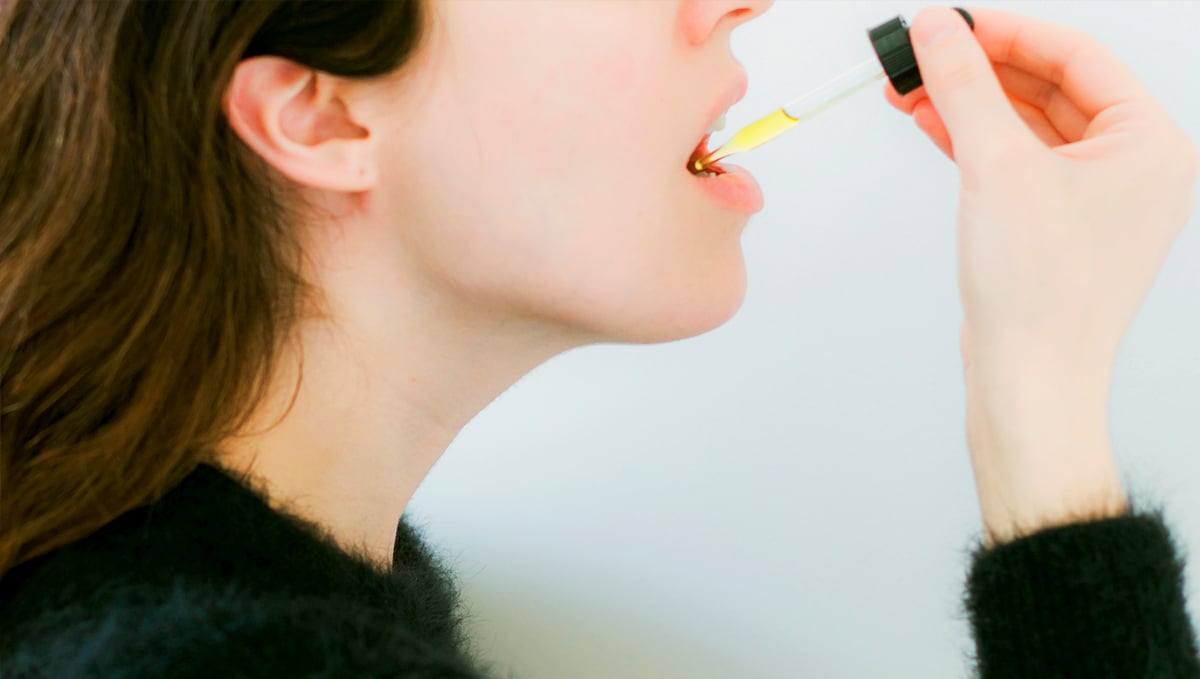
If 1 milliliter still feels too low for you, try raising up your dosage, slowly, in order to avoid getting so uncomfortably high that you can't enjoy the effects.
Push it up to 2 ml the next time and check, if after a few minutes it's still not enough add one milliliter more, and so on until you find the perfect amounts for you.
5. The Benefits of Cannabis Tinctures
The main benefits of cannabis tinctures are that, unlike marijuana-based oils or other edibles such as brownies and cookies, tinctures are extremely low in calories, with around only 7 calories per milliliter.
Besides, tinctures act fast and you can make them with any THC/CBD combination you prefer. If you're looking for a balanced composition you can go for the traditional 1:1 mixture, or if you're seeking for strictly medical use of the concentrate you could opt for using CBD only strains, or the opposite with THC.
One last great benefit of tinctures is that they are discreet! While smoking a joint not only lets out an insignia scent, it also takes a couple of minutes for the act of smoking.
Taking a few drops of cannabis tincture is a matter of seconds and anyone who isn't aware that you're doing it won't have a clue of what just happened.
6. The Bottom Line
The world of marijuana is a very inclusive one, having a vast variety of products and intake methods suitable for every single person on this planet. From joints to edibles, concentrates, oils, and tinctures, everyone can choose whichever method they prefer to use their cannabis, whether it is for recreational or medical purposes.
Tinctures are specifically good for those who are in search of a product that provides potent effects and in a matter of minutes. They are also great if you're trying to skip smoking or if you're simply curious to try new methods of consumption!
Go ahead and try making your own cannabis tinctures at home and don't forget to comment about your results!
EXTERNAL LINKS
-
"Cannabis Edibles: dosing, encapsulation and stability considerations" - Isaac P Marangoni and Alejandro Gregorio Marangoni, February 2019.
- "Systems and methods for producing organic cannabis tincture" - Jr. Albert L Coles, May 2013.
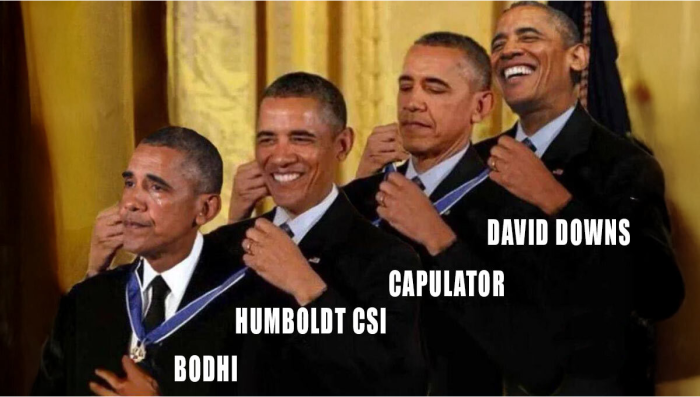









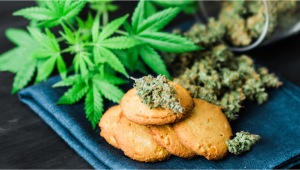
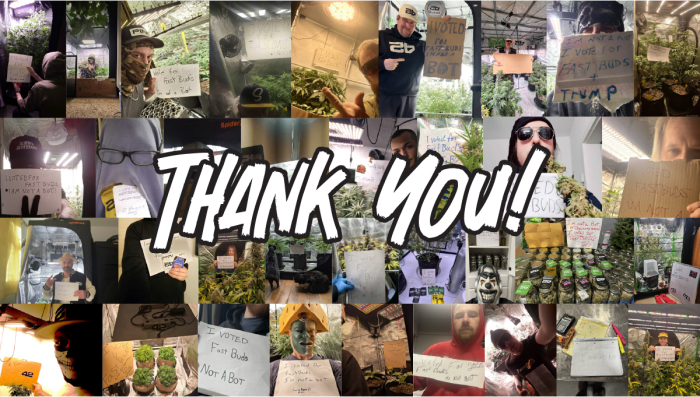

Comments